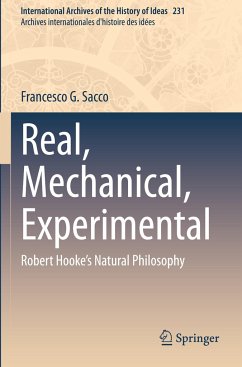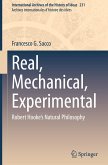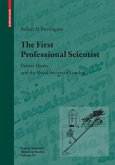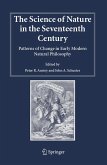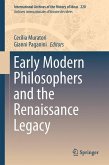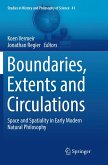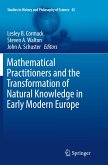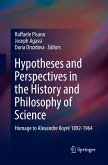This original work contains the first detailed account of the natural philosophy of Robert Hooke (1635-1703), leading figure of the early Royal Society. From celestial mechanics to microscopy, from optics to geology and biology, Hooke's contributions to the Scientific Revolution proved decisive. Focusing separately on partial aspects of Hooke's works, scholars have hitherto failed to see the unifying idea of the natural philosophy underlying them. Some of his unpublished papers have passed almost unnoticed. Hooke pursued the foundation of a real, mechanical and experimental philosophy, and this book is an attempt to reconstruct it. The book includes a selection of Hooke's unpublished papers.
Readers will discover a study of the new science through the works of one of the most known protagonists. Challenging the current views on the scientific life of restoration England, this book sheds new light on the circulation of Baconian ideals and the mechanical philosophyin the early Royal Society. This book is a must-read to anybody interested in Hooke, early modern science or Restoration history.
Readers will discover a study of the new science through the works of one of the most known protagonists. Challenging the current views on the scientific life of restoration England, this book sheds new light on the circulation of Baconian ideals and the mechanical philosophyin the early Royal Society. This book is a must-read to anybody interested in Hooke, early modern science or Restoration history.
"This book offers a concise analysis of the natural philosophy of Robert Hooke (1635-1703). ... the author, creates a rich tapestry for Hooke's thought by studying a range of treatises from his contemporaries as well Hooke's own writings and manuscripts." (Jeremy Robin Schneider, Isis, Vol. 112 (4), December, 2021)

